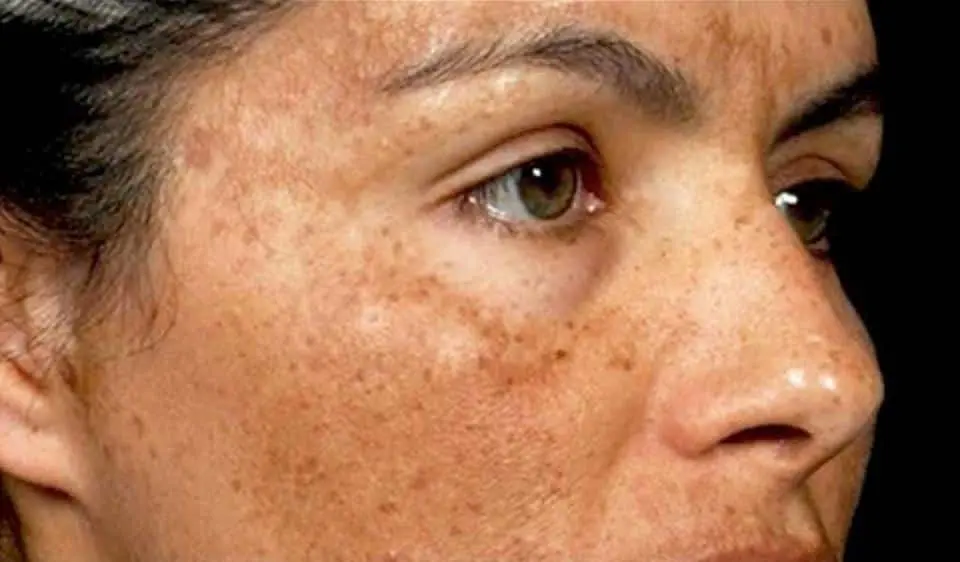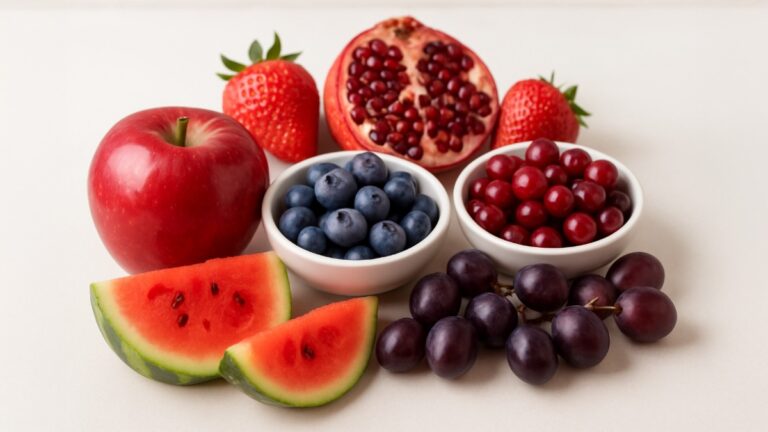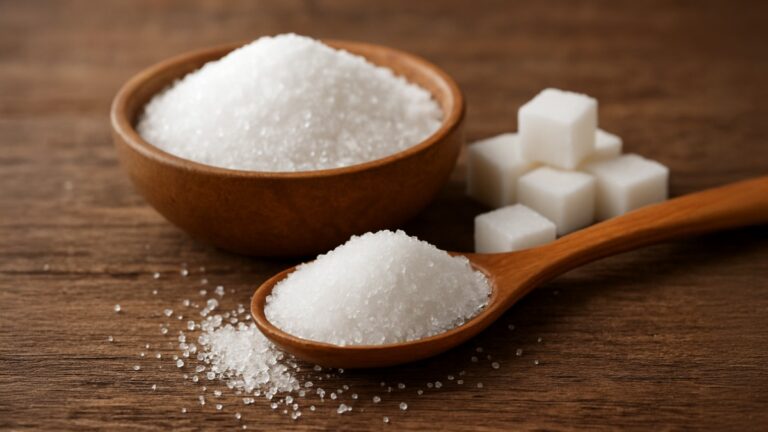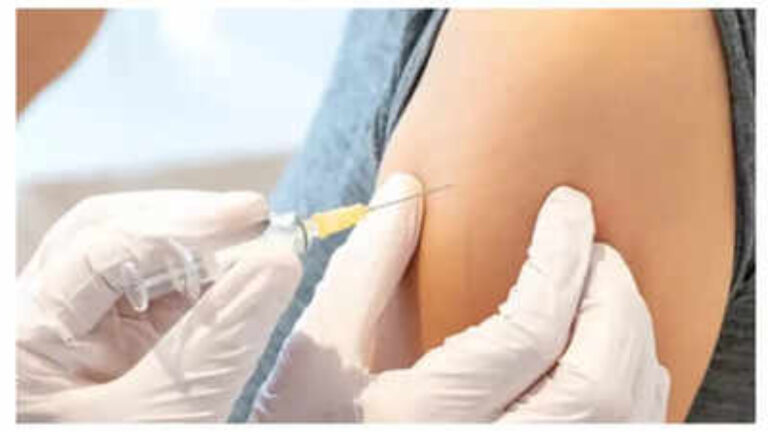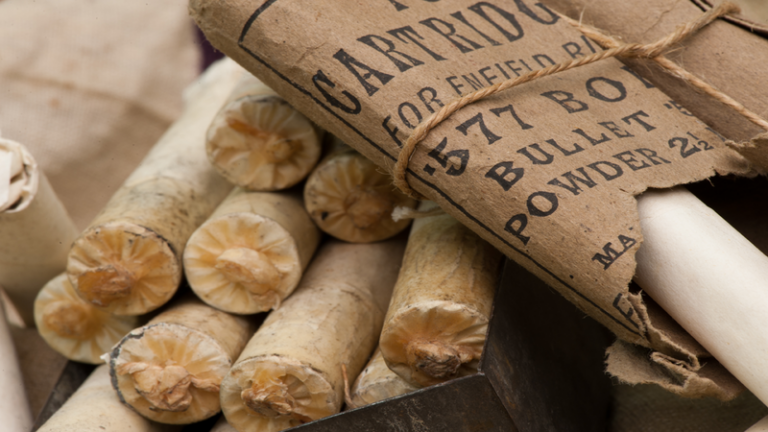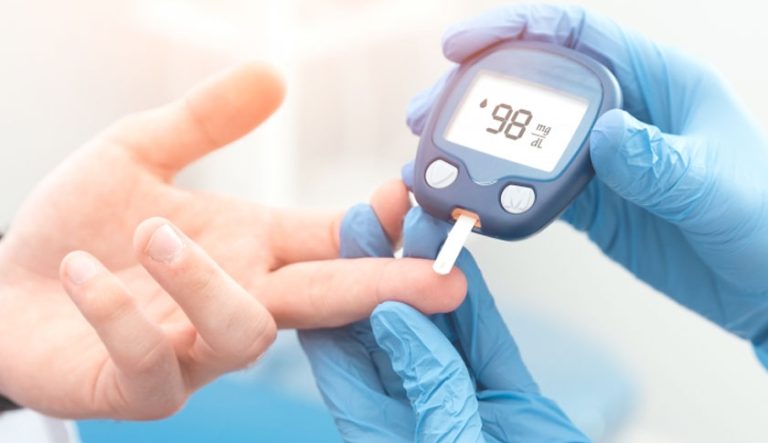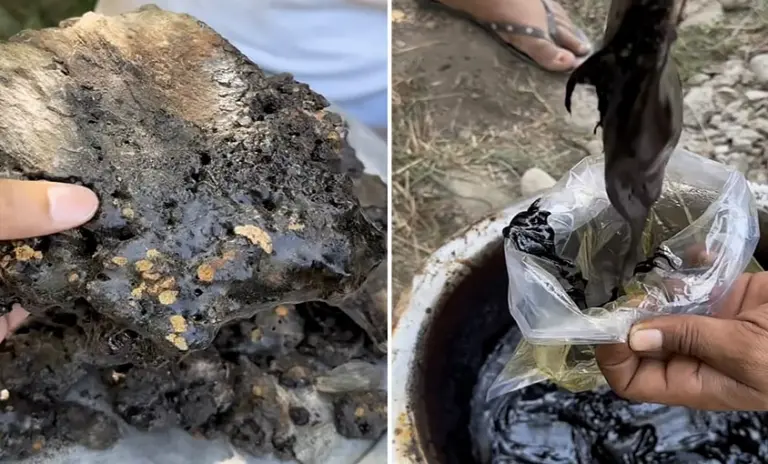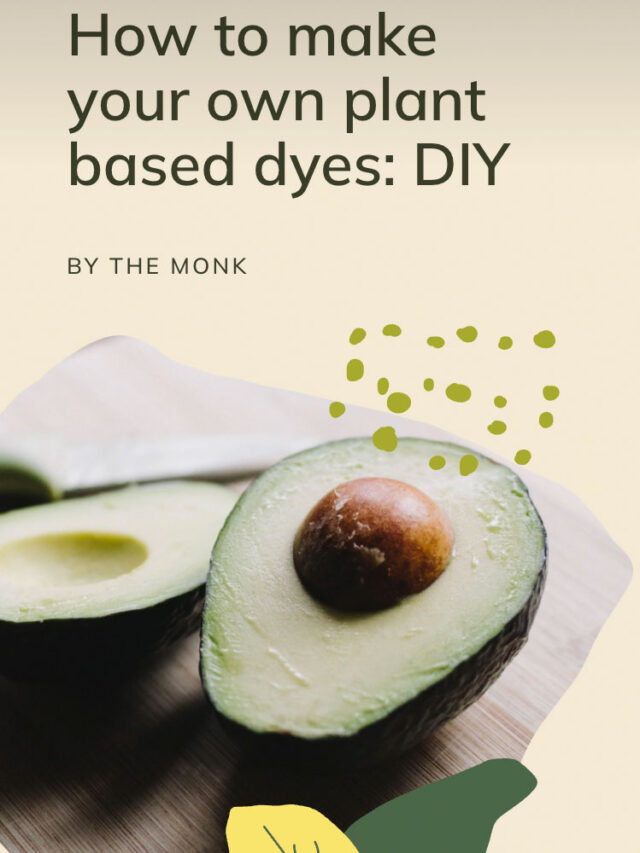Hyperpigmentation, characterized by patches of darker skin, can be a common concern for many individuals. While there are various causes of hyperpigmentation, such as sun exposure, hormonal changes, and inflammation, several natural remedies can help reduce its appearance and promote even-toned skin. By incorporating these remedies into your skincare routine and practicing sun protection, you can gradually diminish the appearance of hyperpigmentation and achieve a more radiant complexion.
In this article, we will explore effective natural methods to reduce hyperpigmentation, focusing on ingredients and practices that can inhibit melanin production, exfoliate the skin, and promote skin rejuvenation
Understanding Hyperpigmentation
a) Types of Hyperpigmentation: Hyperpigmentation can manifest as dark spots, age spots, melasma, or post-inflammatory hyperpigmentation. Each type has its own underlying causes and treatment approaches.
b) Common Causes: Sun exposure, hormonal changes, inflammation, skin injuries, and certain medications can trigger hyperpigmentation. Understanding the root cause is essential for effective treatment.

Natural Ingredients to Reduce it
a) Vitamin C: As a potent antioxidant, vitamin C inhibits the production of melanin and promotes collagen synthesis. Applying vitamin C serums or using products enriched with vitamin C can help reduce hyperpigmentation.
b) Licorice Extract: Licorice extract contains compounds that inhibit the enzyme responsible for melanin production. It has skin-lightening properties and can be applied topically or used in natural face masks.
c) Aloe Vera: Aloe vera has soothing and anti-inflammatory properties that can help fade it. Applying fresh aloe vera gel or using products containing aloe vera can promote skin healing and reduce discoloration.
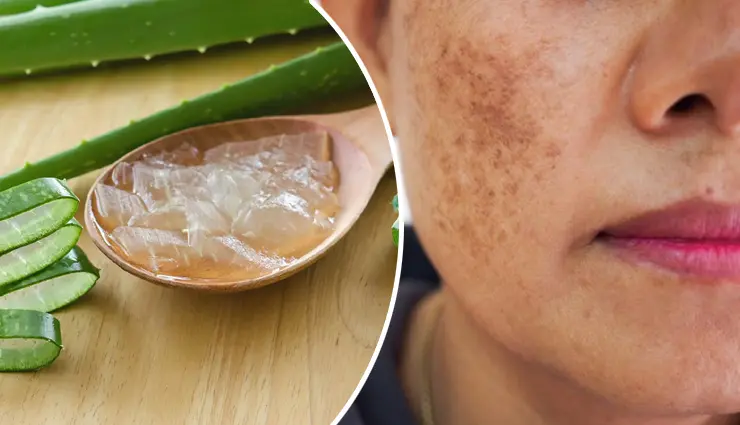
d) Turmeric: Turmeric contains curcumin, which has been shown to possess skin-lightening properties. Applying a paste of turmeric and honey or using turmeric-infused skincare products can help reduce it.
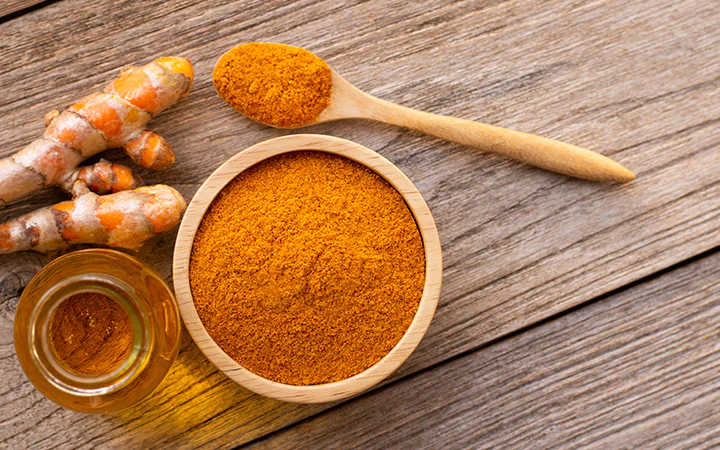
e) Green Tea: Green tea contains antioxidants and anti-inflammatory compounds that can help reduce high pigmentation. Applying cooled green tea or using products containing green tea extract can promote even-toned skin.
f) Lemon Juice: Lemon juice, rich in vitamin C and citric acid, acts as a natural bleaching agent. Applying diluted lemon juice or using it in face masks can help lighten high pigmented areas.

Exfoliation for Hyperpigmentation
a) Physical Exfoliation: Gentle physical exfoliation using natural ingredients like oatmeal, rice flour, or ground almonds can help remove dead skin cells and promote skin renewal. However, be cautious not to over-exfoliate, as it can irritate the skin.
b) Chemical Exfoliation: Alpha-hydroxy acids (AHAs) and beta-hydroxy acids (BHAs), such as glycolic acid and salicylic acid, can help exfoliate the skin, fade high pigmentation, and promote cell turnover. Incorporating AHAs or BHAs into your skincare routine can yield effective results.
Skincare Practices for Hyperpigmentation
a) Sun Protection: Protecting the skin from sun exposure is crucial in preventing and reducing it. Regularly applying broad-spectrum sunscreen with a high SPF, wearing protective clothing, and seeking shade during peak sun hours are essential practices.
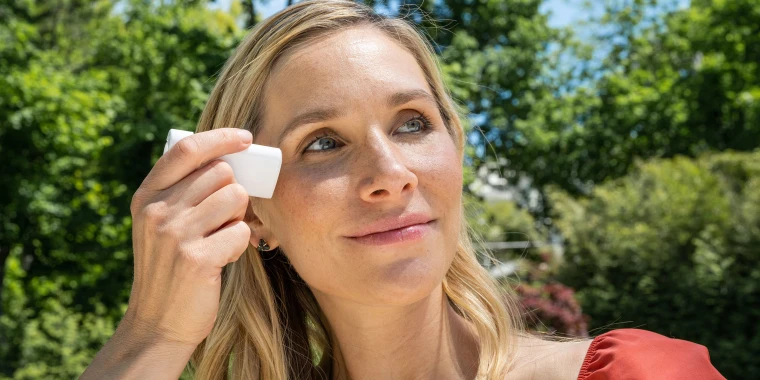
b) Gentle Cleansing: Using mild, non-irritating cleansers that do not strip the skin’s natural oils can help maintain a healthy skin barrier and prevent further pigmentation.
c) Moisturization: Adequate hydration and moisturization are important for skin health. Using a moisturizer suitable for your skin type can help improve skin texture and reduce high pigmentation.
d) Natural Face Masks: Incorporating natural face masks into your skincare routine can provide additional nourishment and targeted treatment for high skin pigmentation. Masks containing ingredients like yogurt, honey, papaya, or cucumber can help brighten the skin and fade pigmentation.
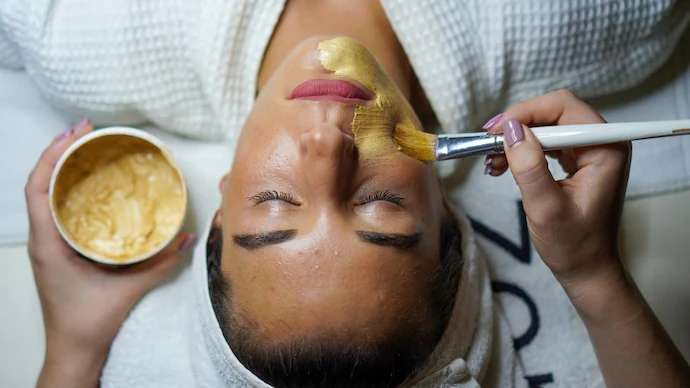
Lifestyle Factors and Precautions
a) Healthy Diet: Consuming a balanced diet rich in antioxidants, vitamins, and minerals can support overall skin health. Incorporate foods such as fruits, vegetables, whole grains, and lean proteins to promote skin rejuvenation.
b) Stress Management: Chronic stress can exacerbate skin conditions, including hyperpigmentation. Engaging in stress-reducing practices such as meditation, yoga, or deep breathing exercises can support skin health.
c) Avoid Picking or Scratching: Picking or scratching at hyperpigmented areas can worsen inflammation and increase the risk of scarring. Practice gentle skincare routines and avoid habits that may damage the skin.
Reducing hyperpigmentation naturally requires a consistent skincare routine, lifestyle adjustments, and protective measures against sun exposure. By incorporating natural ingredients such as vitamin C, licorice extract, aloe vera, turmeric, and green tea into your skincare regimen, you can promote skin rejuvenation and fade hyperpigmentation. Gentle exfoliation helps remove dead skin cells, while proper sun protection is essential in preventing further hyperpigmentation. Additionally, practicing healthy lifestyle habits, such as stress management and maintaining a nutritious diet, can support overall skin health.
It is important to note that natural remedies may take time to show noticeable results, and individual responses may vary. If you have severe or persistent hyperpigmentation, it is advisable to consult with a dermatologist or skincare professional for a personalized treatment plan. They can provide further guidance and recommend medical interventions, such as prescription creams, chemical peels, or laser treatments, if necessary.
Remember, embracing natural remedies for hyperpigmentation is a holistic approach that promotes healthy skin and well-being. By being consistent, patient, and diligent in your skincare routine, you can reduce hyperpigmentation and achieve a more even-toned complexion, allowing your natural beauty to shine through.
(Disclaimer: The information given here is based on home remedies and general information. Before adopting it, definitely take medical advice. THE MONK does not confirm this.)

